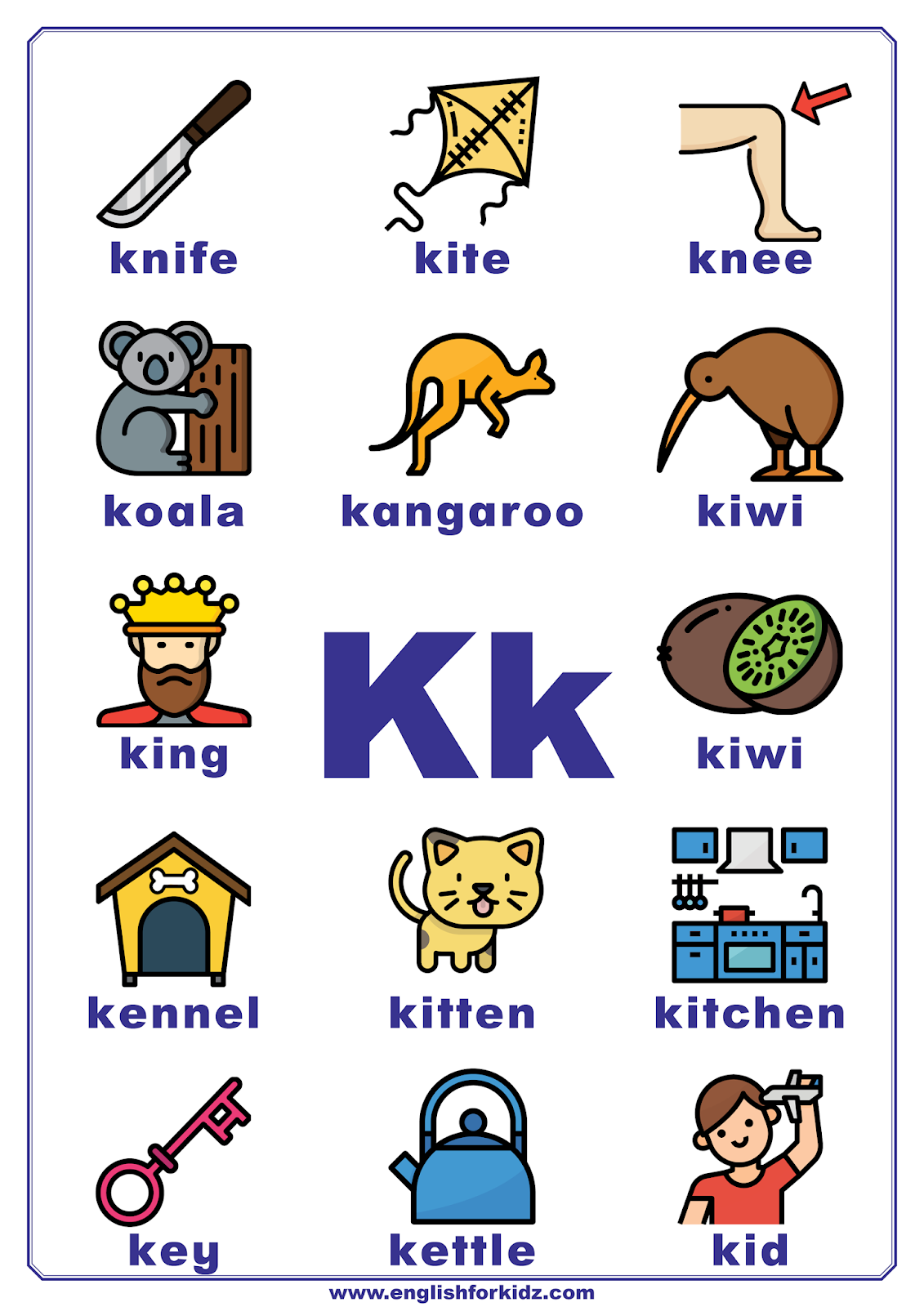Unveiling the Uncommon: Understanding the Power of "Un-" Words
Have you ever stopped to consider the power of a simple prefix? In the vast landscape of the English language, a mere two letters, "u" and "n" combined, hold the potential to completely transform a word's meaning. From expressing opposites to highlighting negative qualities, the "un-" prefix is an unsung hero of communication.
Think about it: "happy" versus "unhappy," "likely" versus "unlikely," "fortunate" versus "unfortunate." The addition of "un-" flips the script, introduces doubt, and adds layers of complexity to our vocabulary. This seemingly insignificant prefix plays an unexpectedly significant role in our daily conversations, written works, and even our thoughts.
The story of the "un-" prefix is deeply intertwined with the history of the English language itself. With roots in Old English and further enriched by Old French influences, "un-" has secured its place as a linguistic staple. Its ability to seamlessly blend with adjectives, verbs, and even some nouns showcases its versatility and enduring relevance.
But why is understanding "un-" words so important? The answer lies in the nuance and precision they bring to our communication. These words allow us to express a spectrum of emotions and ideas with a depth that wouldn't be possible otherwise. Imagine trying to articulate feelings of discomfort without "uneasy" or disbelief without "unbelievable" – the task would be undeniably difficult.
Moreover, recognizing the transformative power of "un-" equips us to become more discerning readers and listeners. We become attuned to subtle shifts in meaning, allowing us to fully grasp the intended message. In a world saturated with information, the ability to decode language with precision is an invaluable skill.
Let's delve into some specific examples to illustrate the versatility of "un-" words:
Unlocking Meaning: The word "lock" suggests security, while "unlock" implies the opposite – an opening, a revelation. This simple change completely alters the word's connotation.
Unearthing Truth: "Earth" represents the ground beneath our feet, something solid and tangible. "Unearth," on the other hand, suggests discovery, bringing hidden truths or objects to light.
Unraveling Complexity: The word "ravel" implies intricacy, a tangled mess. "Unravel" speaks to the process of untangling, of understanding and resolving a complex situation.
These examples highlight how "un-" words allow us to articulate a wide array of concepts, often with a sense of action or change implied. This dynamic quality makes them incredibly useful in both written and spoken communication.
While a comprehensive exploration of every "un-" word is beyond the scope of this article, consider this a starting point to spark your curiosity and encourage you to explore the fascinating world of prefixes and their impact on language. Pay attention to how you encounter "un-" words in your daily life – you might be surprised by their prevalence and the subtle ways in which they shape your understanding of the world around you.
The next time you encounter a word beginning with "un-," take a moment to appreciate its unique ability to add depth, contrast, and a touch of the unexpected to the English language. You'll find that these small but mighty words hold a power that is truly undeniable.
Gift ideas 50th birthday woman cake crafting memories one slice at a time
Conquering week 14 your yahoo fantasy football guide
Unleash divine power your guide to the paladin spells list in 5e














